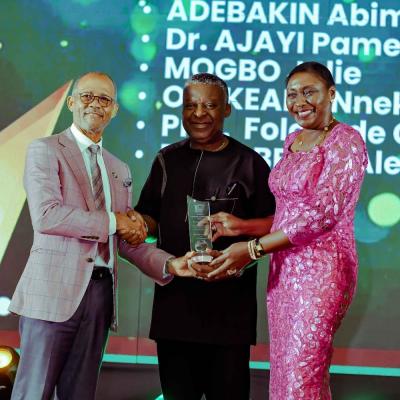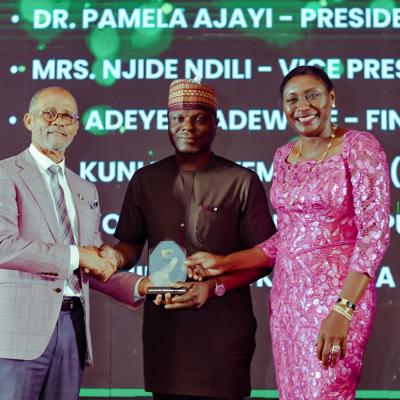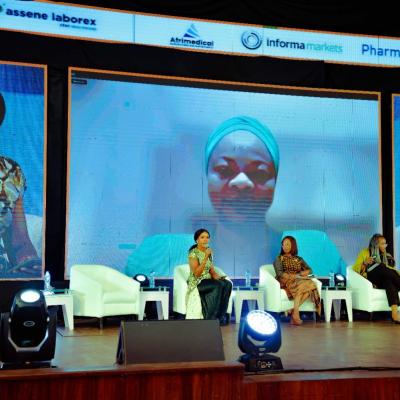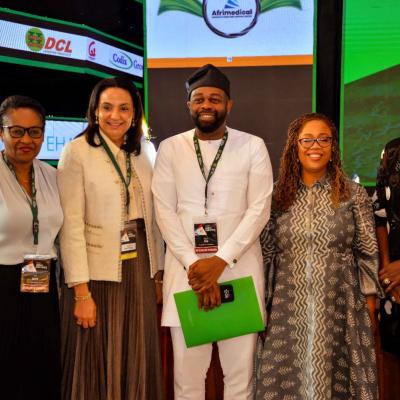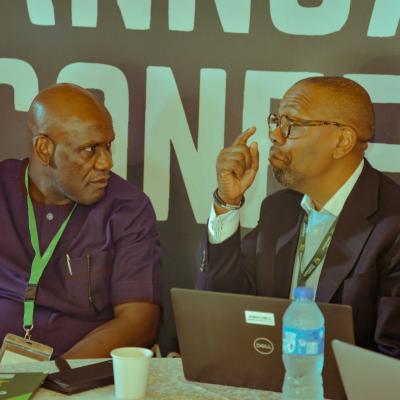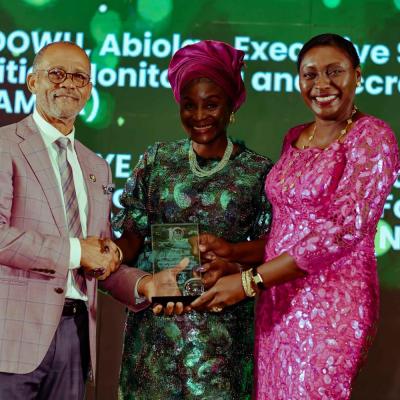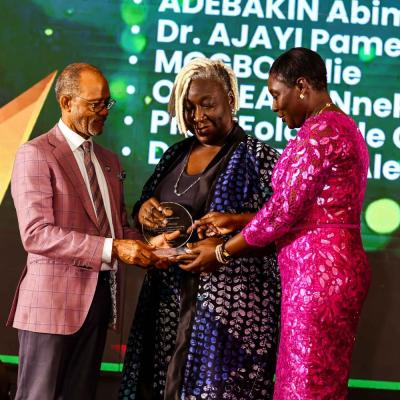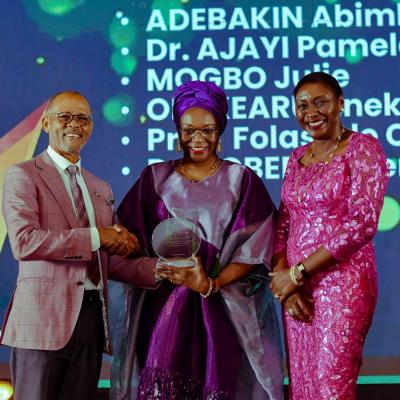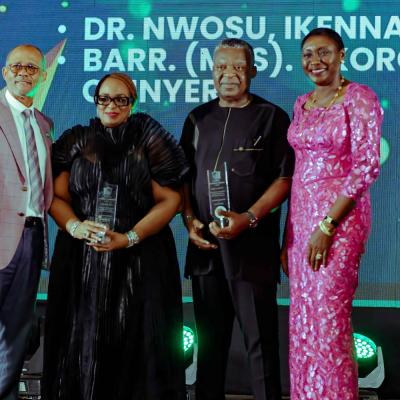The Minister of Health, Professor Isaac Adewole, who brought this development to the fore in Lagos recently said medical tourism has become a racket among health professionals in Nigeria. Adewole, who spoke during a breakfast meeting entitled: “Unlocking the Potentials of the Private Healthcare Sector” with members of Healthcare Federation of Nigeria, HFN, comprising Chief Executive Officers and other stakeholders in the health sector, said the trend was not a good one for Nigeria.
The Minister said: “I sat down as a minister and the first thing I kept getting were these requests from people who wanted to travel out of the country, and to me it is like a racket. “It is framed at N9 million to N11 million, not N1 million or N2 million. I look at some of these requests and say something must be wrong somewhere. Some of the referrals were written by senior registrars on behalf of consultants. Later, I got to know that when you send four cases to India, you are paid for the 5th one, so it is a racket and we must stop it. “Thereafter, I said I would only approve a referral if it is written by a Consultant and endorsed by Chief Medical Director, that ‘there is no facility to handle it in the country.’ Prof. Isaac Adewole, Health Minister “Then the system changed. Rather than seek approval, they now travel and ask for reimbursement. One day, I just sat down and saw a case file with the inscription ‘huge abdominal mass’. We thought it was endometriosis.
I looked at it, it was N11 million and I said fine, give us a medical report. What did you find out from those Indian facilities? I want histology report. “When they brought the report and the photographs, I discovered the problem was huge uterine fibroids. There was nothing like endometriosis there. I called someone who is also a gynaecologist and asked how much it can cost but he said he could do it for N150, 000. I said to myself, ‘there is no way I will approve this’. The thing is that it is a racket and I have tried to send such cases back.” Adewole who expressed optimism that Nigerian professionals and the private sector in collaboration with the Federal Government can do a lot with the skills in the country, accused practitioners of running down the system by giving impression that nothing is working.
“We need to advertise the skills available, the facilities that can do it and how we can work together. I was quite impressed when I listened to the array of skills present in this room, but we need to market it. We run down what we have, we create an impression that nothing is working and that is not correct. In an admonition, Adewole said: “So let us work together with you. There are centres here doing renal transplant, a lot of Nigerians go abroad for renal transplant, but it is being done in this country. So let us use these facilities, we are not marketing or advertising Dr. XYZ but we market the facilities and services, and we are ready to work together with you.”
Bank of Health At the meeting, Adewole, on behalf of the Federal government, and in collaboration with the Healthcare Federation of Nigeria, HFN, proposed to establish a Bank of Health that would address problems of poor funding and lack of credit for health, as well as discourage medical tourism. In her presentation, President, Healthcare Federation of Nigeria, HFN, Mrs. Clare Omatseye, who noted the importance of government’s engagement with the private sector as being critical in unlocking the potential of the sector, pledged that the private sector is ready to take on the new horizon for investment. “For us, the patient is at the centre of all we do, this will give access to quality healthcare that is affordable and sustainable.
We do not want these going around in circles. All of a sudden you build a hospital and there is no maintenance of equipment and after that it goes down. “There is more to a hospital than healthcare services. It is not about the building and equipment it is about people, it is about partnerships and it is about sustainability. Through this sustainability we can not only build what we have, but also we can build the infrastructures that are required and the ecosystem of the hospital brand, new pharmaceutical companies that can manufacture in the country for Nigerians. Omatseye regretted that the country depends on almost 80 percent of drug importation to serve the needs of over 180 million people.
“We believe that healthcare insurance is something that should be mandatory it is something that every Nigerian should have access to but we cannot do this alone, so the public-private care partnership that encourages collaboration and communication is what we have set up today. Technical working group “Twice a year, we set up a technical working group to look at the big issues in healthcare, from financing, demand and supply. Other issues are lifting the standard of medical education and schools. We also know that human resources for healthcare is a challenge and even if we are to graduate all the University students right now, we will still not be able to close the gap of the human resource challenges and therefore we need to think of new ways to leverage on technology to be able to do task shifting. “Where nurses and midwives can do some of the works a doctor can do. We will do special curriculum to upgrade their skills.
Omatseye further explained that HFN was built several years ago because it was realised that healthcare in the private space is very fragmented. “There are several people speaking with different voices at the level of policy making and by the end of the day we cannot galvanise what is going on because there are too many voices, so we said we need to have one voice and one umbrella body that unites the whole of the private sector to speak with one voice in policy making, for advocacy and to look at the big thing that cross curtain the entire industry and this is what we have been able to do and the success that you have seen today.” On her part, the Executive Secretary, HFN, Dr. Itunu Akinwara who noted that HFN was formed by private sector stakeholders in healthcare to basically improve health care outcomes in Nigeria.
Noting that between 60 percent to 70 percent healthcare services is provided by the private sector, she said it is time the government established an intervention fund that will guarantee access to single digit loans to private health practitioners.
Source: Vanguard

 It is not going to be business as usual for health professionals engaged in the practice of referring patients for treatment abroad if latest signals from the Federal government are anything to go by.
It is not going to be business as usual for health professionals engaged in the practice of referring patients for treatment abroad if latest signals from the Federal government are anything to go by.